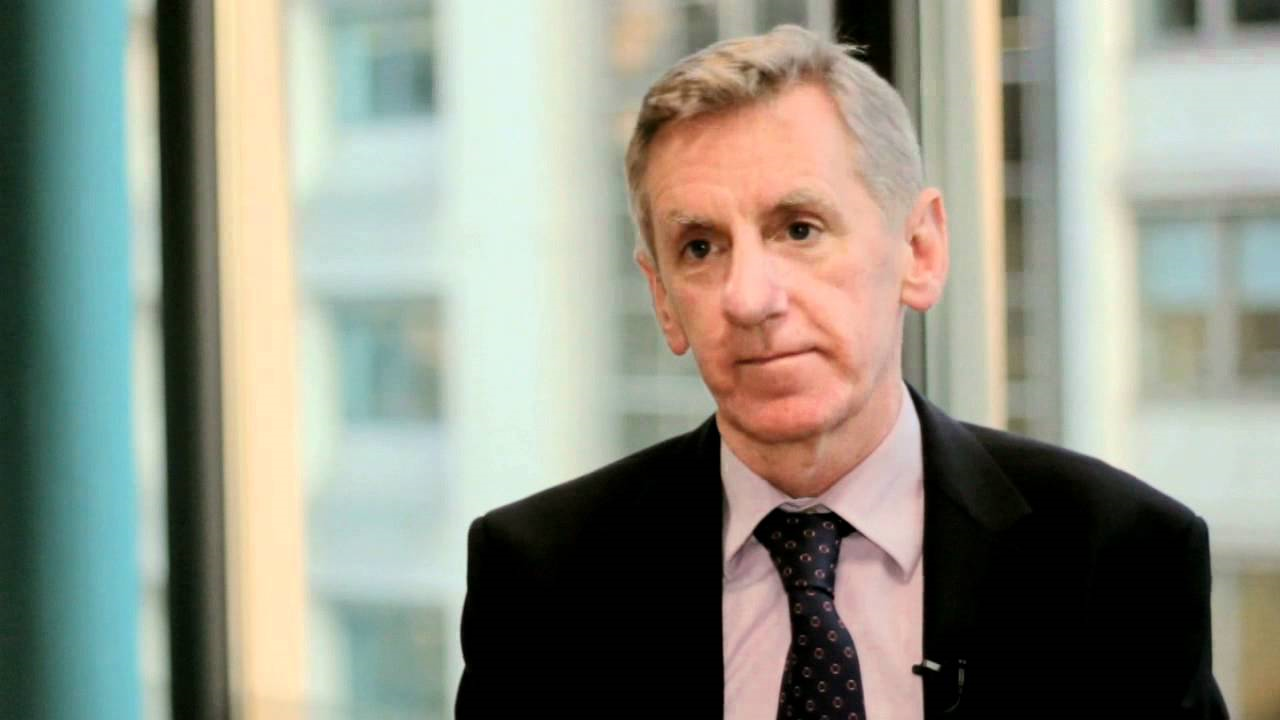After two decades taking on pharma over price, Sir Andrew Dillon steps down from NICE

After more than 20 years of challenging pharma over drug prices, Sir Andrew Dillon is to step down as NICE’s chief executive next year.
In a statement NICE said that Sir Andrew will leave the post at the end of March 2020, retiring after completing 21 years of service.
The cost-effectiveness body said it will make arrangements to advertise for the new chief executive during the autumn.
Under his leadership, NICE has become an influential and often controversial body since its inception in 1999, tasked with pushing back against pharma companies’ pricing demands for novel drugs.
The organisation, which makes decisions covering England as well as influencing thinking in Wales and Northern Ireland, also develops guidelines to optimise the use of medicines and treatments on the NHS.
NICE, which was initially called the National Institute for Clinical Excellence, was created under Tony Blair's "New Labour" government to end the so-called postcode prescribing in the NHS by making national recommendations based on its cost-effectiveness assessments.
After a career as an NHS manager Dillon founded NICE in 1999 with a laptop borrowed from his former employer, St George's Hospital in London.
And its first ruling proved controversial, saying that Glaxo Wellcome’s Relenza flu antiviral was not cost-effective, prompting the company to threaten to leave the UK.
Since that initial rejection NICE has found ways to work with industry, which has by and large found ways to work with the organisation’s Quality Adjusted Life Year (QALY)-based assessments.
Its workload has increased substantially and it has also evolved – NICE created a Citizens Council in 2002 to provide a public perspective on moral and ethical issues when producing guidance.
In 2006 it introduced a faster technology appraisal process cutting assessment to 39 weeks from 54 weeks, and in 2009 introduced greater flexibility for drugs providing additional benefits at the end of patients’ lives.
In 2013 NICE’s name changed to the National Institute for Health and Care Excellence and it became a non-departmental public body to reflect a wider remit including guidelines for the social care sector.
Attempts by former health secretary Andrew Lansley to introduce a value-based pricing system, to prevent NICE rejecting drugs outright, also failed and the QALY remains at the centre of most of NICE’s assessments.
NICE has also taken over management of the Cancer Drugs Fund, previously a ring-fenced scheme that was massively overspent.
Instead NICE now decides whether to provide interim reimbursement on the fund for oncology drugs until further evidence confirms their benefit.
The organisation continues to evolve and last month announced a review of its number-crunching methods to keep pace with changes in drug development, and potentially make changes to the way it deals with uncertainties in clinical evidence.
Needless to say, there have been some high-profile conflicts with pharma: most recently NICE has been embroiled in a bitter three-year row over the cost of novel cystic fibrosis drugs with manufacturer Vertex.
But there have also been some real successes, such as when NICE played a role in getting CAR-T cancer cell therapies to the UK market, the first country to do so outside the US.
Sir Andrew said: “It has been a privilege to lead the organisation through its first two decades.
“NICE has made a significant contribution to improving outcomes for people using the health and care services, and to the efficient use of resources. I feel very proud to be associated with those achievements.”
“This has been central to building the UK into the world-leader in life sciences and innovative treatments that it is today.”
Mike Thompson, chief executive of the Association of the British Pharmaceutical Industry, said: “Sir Andrew has led NICE with a laser focus on establishing how the latest medicines can benefit patients and the NHS.
“He has played a central role in building the credibility of the organisation, insisting on transparent processes, and a continuous dialogue with all stakeholders, recognising that as the science evolves, NICE needs to evolve too.''













